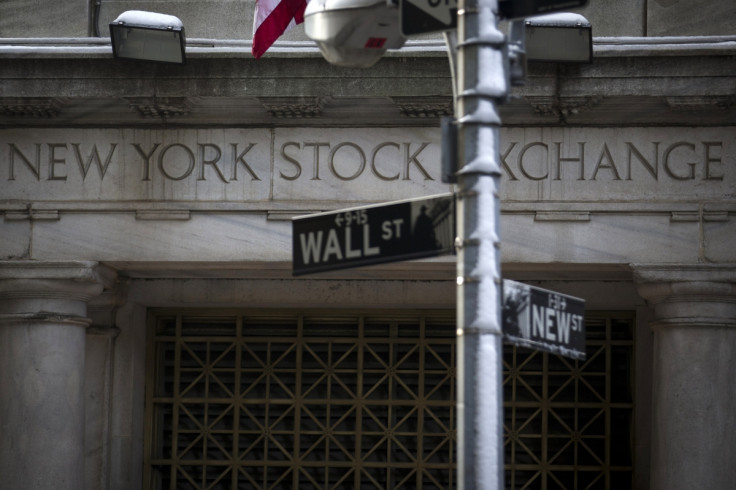High Frequency Trading: Is Wall Street Rigged by 'Flash Boys'?

With the release of Michael Lewis' book, Flash Boys: A Wall Street Revolt, there has been something of a buzz around high frequency trading in the trading community.
In his latest book, Lewis argues that Wall Street is rigged and that a few companies are dominating the market in order to make a super-fast profit.
So what is high frequency trading?
In simple enough terms, high frequency trading (HFT) is the act of using advanced computers to jump in front of investors to transact a large number of orders at very fast speeds – often buying and selling at a fraction of a second - sometimes buying and selling at a profit of just one cent.
However, if you multiply this by the millions that they go through each day, then you can see where the financial incentive comes into it.
"But how do they do this?" I hear you scream.
When a stock is ordered, it leaves downtown New York and goes to the Bats exchange servers in New Jersey. As the exchanges all connect to each other, the order then moves on to the servers of the New York Stock Exchange.
Lewis claims that with the use of expensive fibre optic lines, high frequency traders are able to get ahead of the regular buyers order, allowing them to profit from the knowledge of the prices in the slower feeds.
And this is where it starts to become a bit of a sticky topic.
Lewis alleges that high frequency traders are able to front run orders, meaning that they are able to buy in front of you, and then sell it on to you when you are ready to buy – sometimes without the buyer even knowing.
First come, first serve, right?
Well it's not quite that simple. Currently, there are only a few players in this field, but they dominate it, including British-based Algorates who were one of the first to employ the tactic.
However, as we all know too well, you can't always rely on computers.
In 2012, Knight Capital, which was a key component in the rise of HFT, accidentally deployed a test software code into a live environment.
Essentially the code was designed to move stock prices up and down in the hope of gaining a better insight into trading algorithms. When this was accidentally released, Knight's trading activities caused a major disruption in the prices of 148 companies on the NYSE.
This led to Knight Capital taking a pre-tax loss of a staggering $440m (£264m, €319m), lowering its shares by over 70%.
In an interview with 60 Minutes, Lewis alleged that a lone trader name Brad Katuyama had figured this out and was taking steps to create a more level playing field.
Katsuyama set up IEX, to combat this perceived abuse of the game, and proposes that outgoing messages should all arrive at the same time, and incoming orders should go through a "speed box" that slows them down so that everything arrives at the same time.
Michael Lewis' book Flash Boys: A Wall Street Revolt, was released today.
© Copyright IBTimes 2024. All rights reserved.






